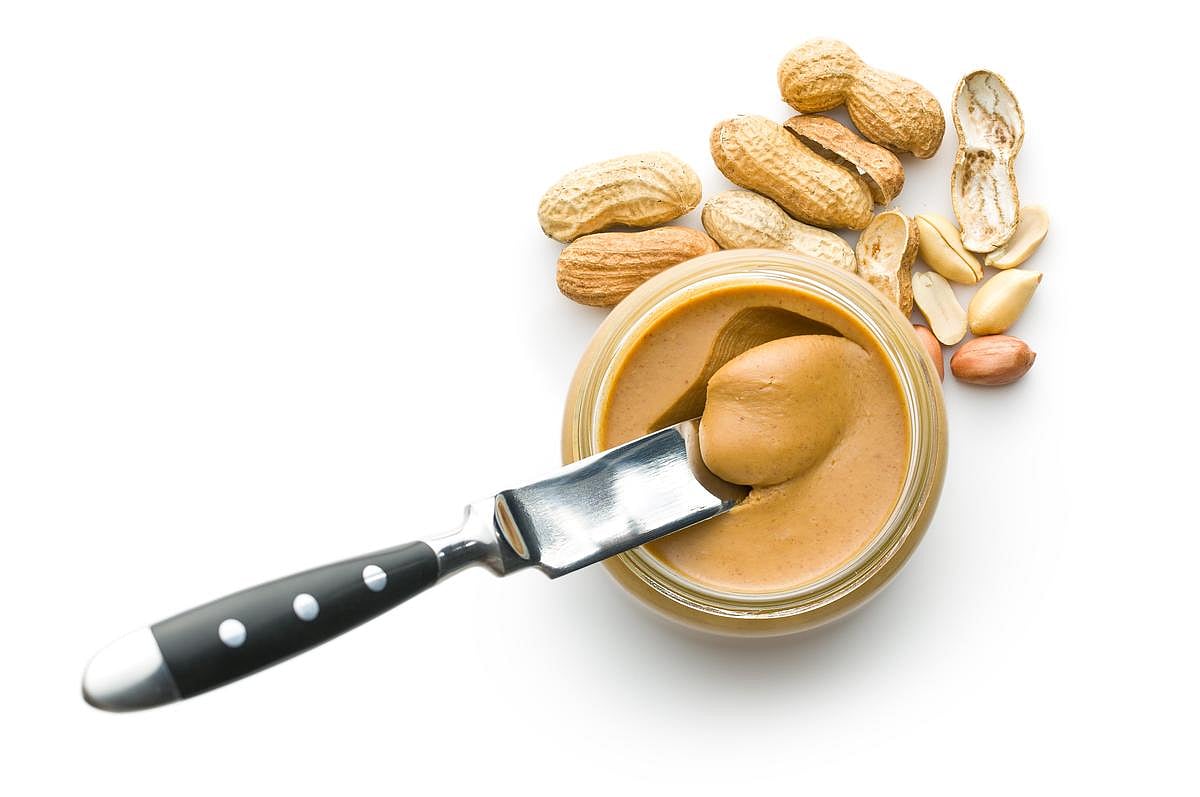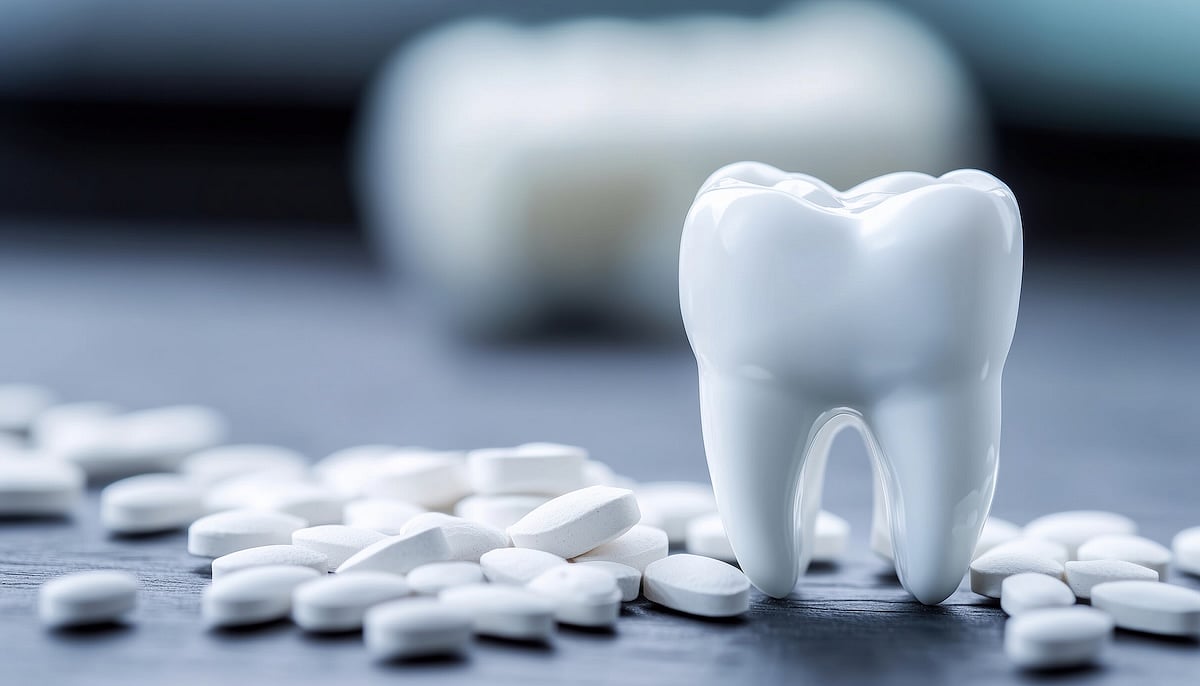
Getting your wisdom teeth pulled? You don’t need opioids to deal with the pain of the extraction, a new study says. A combination of ibuprofen and acetaminophen provided better pain relief than hydrocodone with acetaminophen for the first two days after wisdom tooth surgery, researchers reported Nov. 6 in JAMA Network Open. Both men and… read on > read on >





























